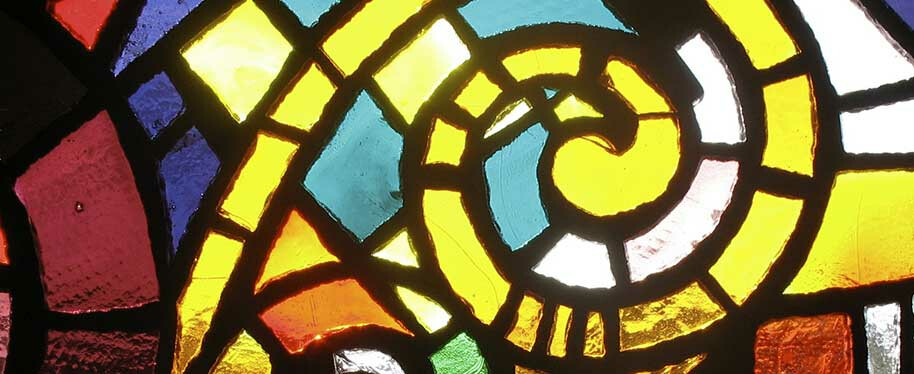An Open Letter to Boards of Ordained Ministry

On April 16, 1963, Dr. Martin Luther King, Jr., wrote an open letter from the Birmingham jail, where he had been imprisoned for non-violent marches protesting segregation. He wrote his Letter from the Birmingham Jail, in part, to express his frustration with those who voiced support for the cause of civil rights, but who urged patience and order rather than action. In that letter, Dr. King wrote:
I have almost reached the regrettable conclusion that the Negroes’ great stumbling block in the stride toward freedom is not the White Citizens’ “Councilor” or the Ku Klux Klanner, but the white moderate who is more devoted to “order” than to justice; who prefers a negative peace which is the absence of tension to a positive peace which is the presence of justice.
As elders within the United Methodist Church, who have the privilege of chairing two of our Boards of Ordained Ministry, it feels as though we have come to a similar time in The United Methodist Church regarding the equality of our LGBTQ sisters and brothers. While there continues to be significant debate about human sexuality in our church and broader culture, there is an emerging consensus of the UM voices in the United States which believe that our denomination has placed unhealthy prohibitions on the full participation of LGBTQ persons in the life of our church, but which are unwilling to act on this conviction for fear of stepping outside the order of the church.
The Boards of Ordained Ministry of both the Baltimore-Washington and New York Annual Conferences have independently decided that it is time to create the space to act out of our freedom of conscience, and our experience of God’s power at work through women and men who identify themselves as LBGTQ disciples of Jesus Christ. Boards of Ordained Ministry have the right to make recommendations to their Annual Conferences based on standards for effectiveness worked out collaboratively with the cabinet and their discernment of the fitness, readiness, and fruitfulness of individual candidates.
Both the New York and Baltimore-Washington Boards have decided to not inquire about the sexual orientation of their candidates. We believe that we can do so within the current strictures of the Book of Discipline and that it is the right thing to do. We invite other Boards within our connection to claim their authority on this matter as well. It’s time. It’s past time.
In taking this action, the Boards of the NYAC and the BWC stand in a long Wesleyan tradition of making ordination decisions that push the envelope. In September 1784, John Wesley made the decision to ordain several preachers for the church in America, and he also set aside Thomas Coke for the role of Superintendent to continue the process of ordaining leaders for the church in America. He did so with the clear knowledge that he was acting outside of the law and order of the church he loved. But it was the right thing to do, and he did it. It was time.
Dr. King’s prophetic words from the Birmingham jail remind us that the generations who follow us – who see our timidity and unfaithfulness for what it is – will move on, with us or without us, towards a new vision of God’s love:
But the judgment of God is upon the Church as never before. If the Church of today does not recapture the sacrificial spirit of the early Church, it will lose its authentic ring, forfeit the loyalty of millions, and be dismissed as an irrelevant social club with no meaning for the twentieth century. I am meeting young people every day whose disappointment with the Church has risen to outright disgust.
We too meet such young people, who see our denomination unable or unwilling to answer a call to justice. We also know young people who have heard a call from their Lord and Savior to enter a life of service, but who are excluded from ordained leadership in our church because of who they are and whom they love. These young people are exactly the ones who our churches need and desire — but will never see because of our polity. They are the ones with the passion and power to make our Christian faith relevant to a contemporary world. Or, they will go on to lead other Christian communities, if we continue to turn them away.
It’s time to model a different way of being church. It’s time to allow United Methodists of differing opinions to exercise their faith with a clear conscience. It’s time for Boards of Ordained Ministry who feel so led to hear God’s call from all who come seeking ordination. It’s time to really be a church of open hearts, minds, and doors.
It’s time.
In the service of Christ,
